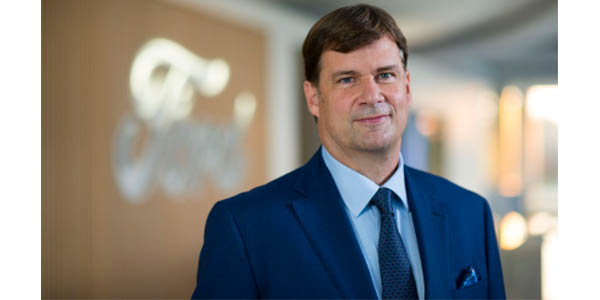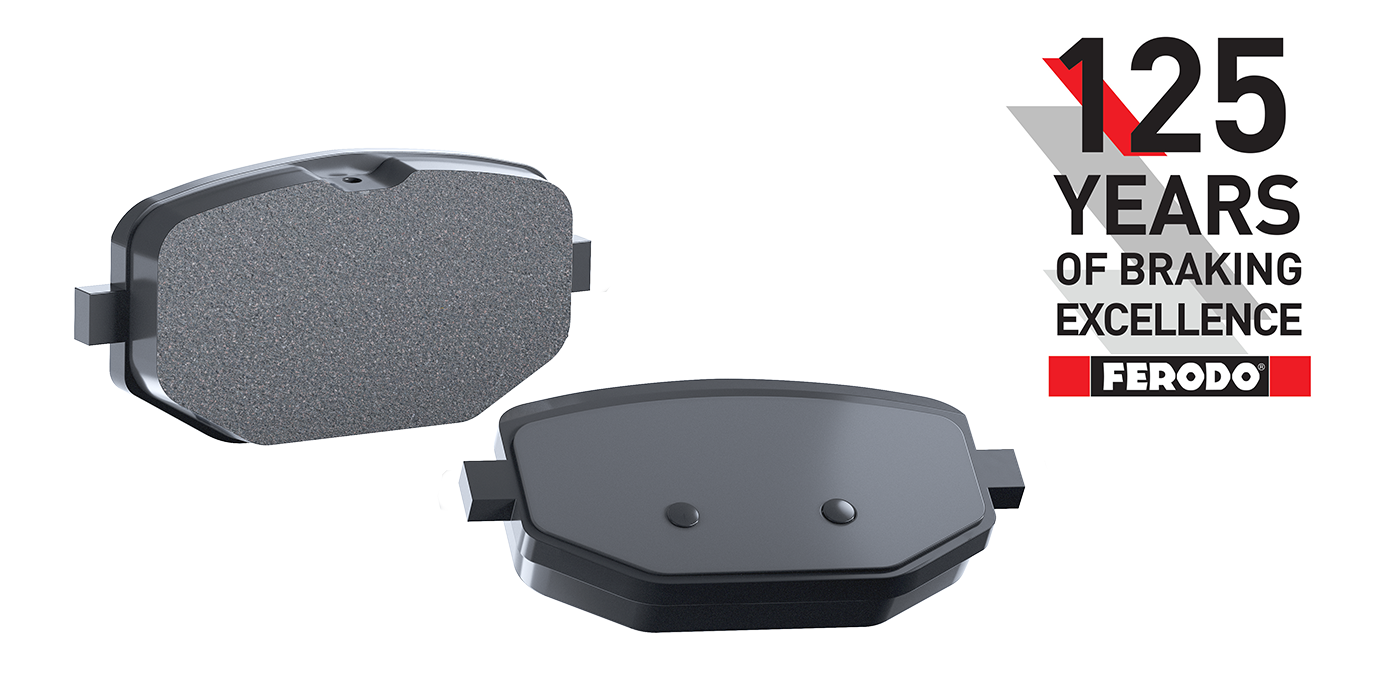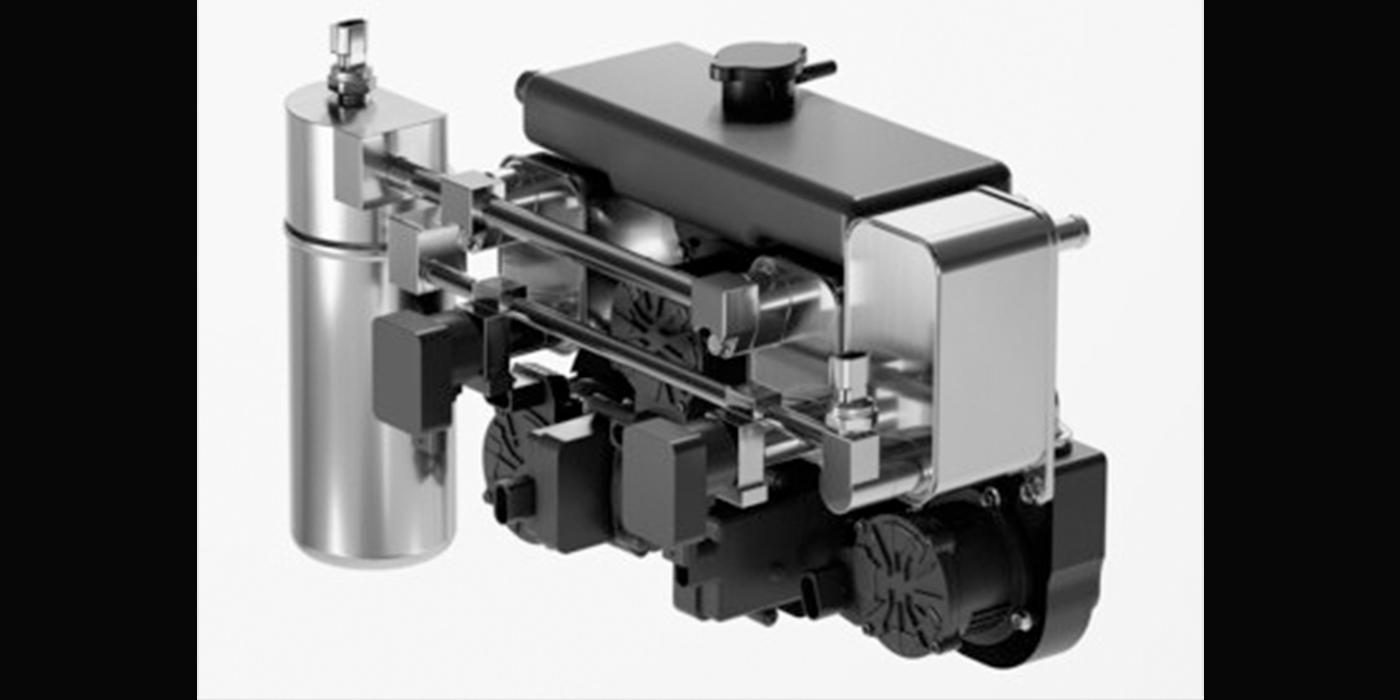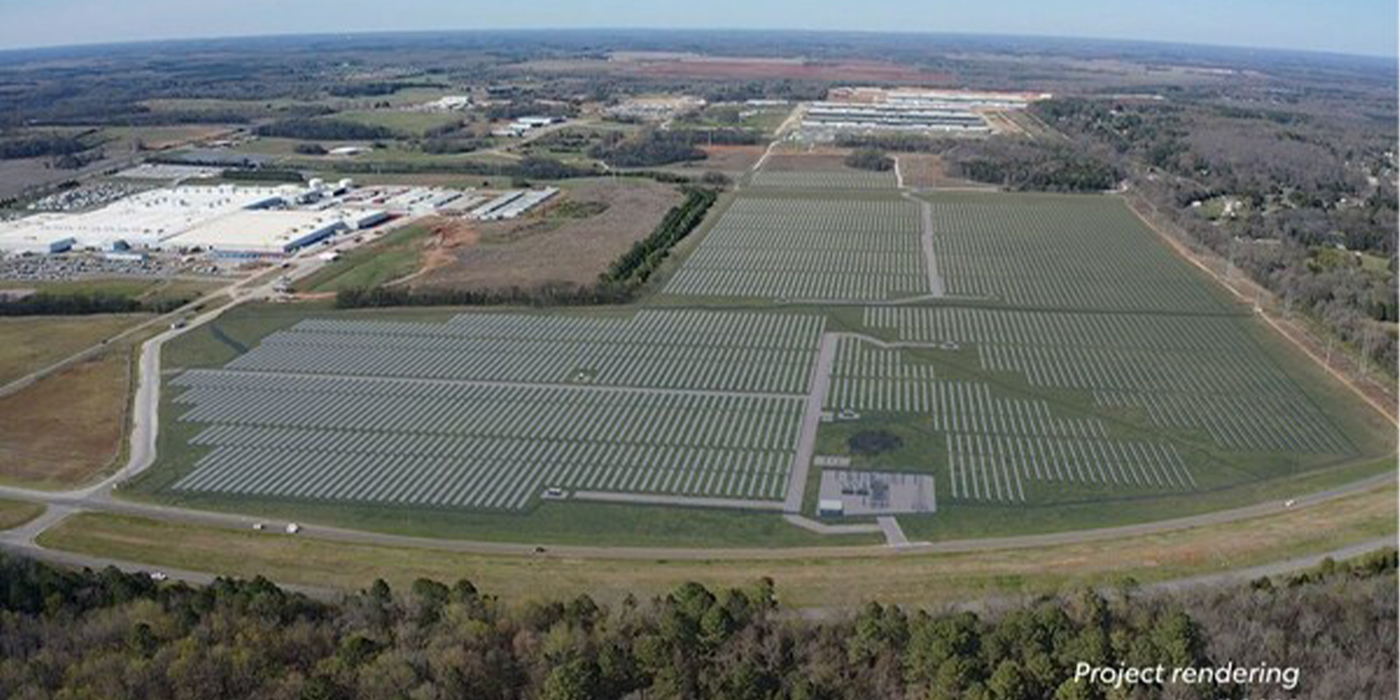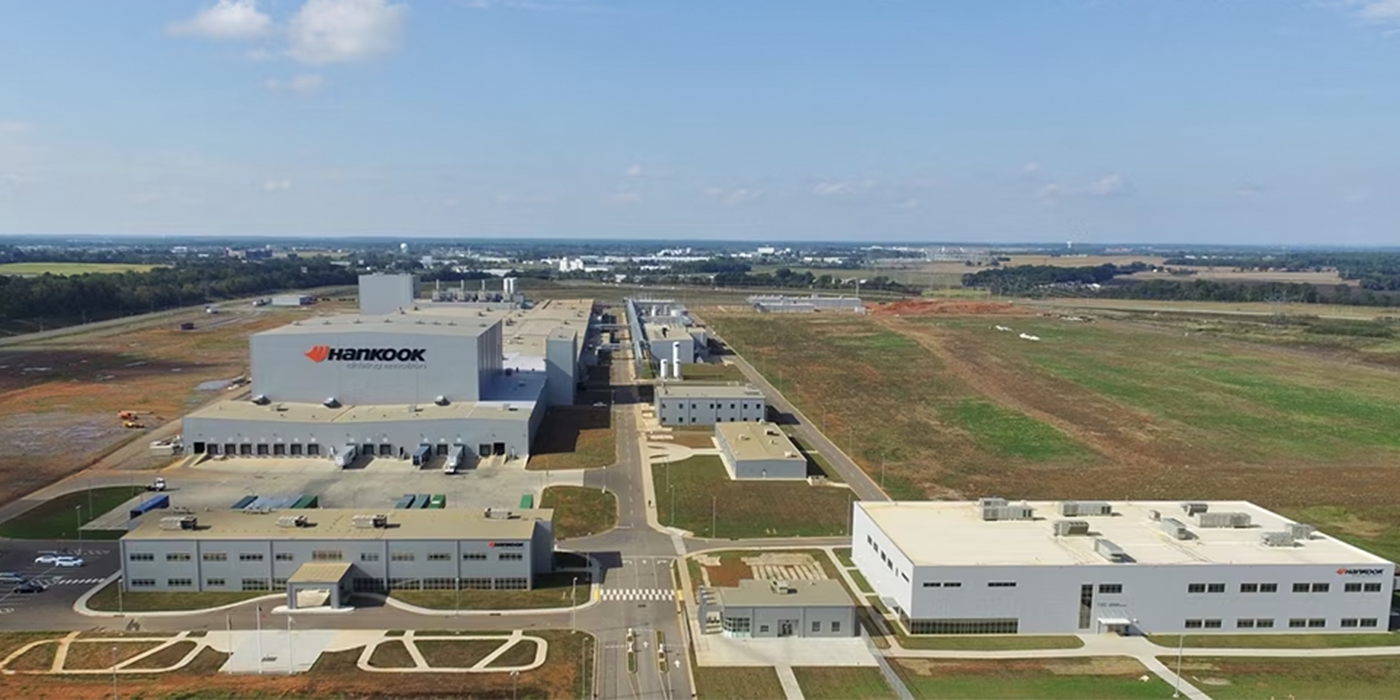Ford is continuing to streamline and transform its global business, making changes in how the company is organized and operates to deliver executional excellence that benefits customers and delivers sustained profitable growth.
Jim Farley, who succeeds Jim Hackett as Ford’s president and CEO, outlined key goals and organizational changes during a virtual town hall meeting with the company’s global team. Farley said Ford plans to move with urgency to turn around its automotive operations – improving quality, reducing costs and accelerating the restructuring of underperforming businesses.
At the same time, Ford will grow by:
• Allocating more capital, resources and talent to its strongest businesses and vehicle franchises
• Expanding its leading commercial vehicle business with a suite of software services that drive loyalty and recurring revenue streams
• Offering compelling, uniquely Ford fully electric vehicles at scale around the world, including Transit, F-Series, Mustang, SUVs and Lincoln
• Adding more affordable vehicles to its global lineup, including in North America
• Standing up new customer-facing businesses enabled by Argo AI’s world-class self-driving system
“During the past three years, under Jim Hackett’s leadership, we have made meaningful progress and opened the door to becoming a vibrant, profitably growing company,” Farley said. “Now it’s time to charge through that door.
“We are going to compete like a challenger – allocate capital to higher growth and return opportunities to create value – and earn customers for life through great products and a rewarding ownership experience.”
Ford is making changes to its operating model to help deliver on these priorities, including:
• Concentrating decision-making and accountability around product and customer groups in three regional business units – The Americas and International Markets; Europe; and China
• Accelerating innovation to be a leader in new businesses such as autonomous vehicles and mobility
• Harnessing expertise in industrial platforms to develop world-class connected vehicles
• Unleashing technology and software in ways that set Ford apart from competitors
• Embracing and increasing the diversity of backgrounds, experiences and talent across the company
Farley said the company is targeting consistent operating performance that includes adjusted earnings before interest and taxes of 8% of revenue with strong automotive adjusted free cash flow, so the company can fully invest in customers and growth.
Ford today also announced key leadership changes.
John Lawler, 54, will become CFO, overseeing the Finance and Ford Motor Credit organizations. Lawler will succeed Tim Stone, who has accepted a position as chief operating officer and chief financial officer at ASAPP Inc., a research-driven, artificial-intelligence software company. Stone will remain with Ford through Oct. 15 to ensure a smooth transition.
Lawler has most recently been serving as CEO of Ford Autonomous Vehicles and vice president, Mobility Partnerships, and spent much of his 30 years at Ford in finance leadership and general management. He served as president of Ford China for nearly four years when the company achieved record in-country performance. He also served as corporate controller and CFO, Global Markets and head of worldwide strategy.
“John knows our company inside-out, has a clear view and great ambition for what Ford can be, and articulates what’s needed to get there,” Farley said. “As CFO, he will help assure we have the means to fund those ambitions.”
Lawler’s successor in his current position, who will oversee the New Businesses group going forward, will be named later.
“Tim has been a powerful voice inside the company pushing us all to persistently focus on our customers and what they want and need,” Farley said. “He also played a critical leadership role in guiding the company through the COVID-19 crisis. We thank Tim for his contributions and wish him the best.”
Jeff Lemmer, Ford’s chief information officer, will retire Jan. 1 after 33 years with the company. A successor for Lemmer as CIO, who will lead the Technology and Software platform, will be announced in the near future.
“Jeff has been an outstanding leader at Ford and that was never truer than this year, when he and the IT team kept our company fully connected and operational during the pandemic,” Farley said. “Ford shifted more than 100,000 people around the world to remote work virtually overnight because of COVID-19, and our information systems haven’t missed a beat.”
Ford will strengthen its commitment to two key areas by having separate senior leaders run the Lincoln Motor Company and Global Marketing.
Joy Falotico, 53, who has been president of Lincoln and Ford’s chief marketing officer for nearly three years, will be dedicated solely to further growing Ford’s luxury brand once a new chief marketing officer is named shortly. She will report to Kumar Galhotra, president, The Americas and International Markets.
“This change will allow Joy to focus on accelerating Lincoln’s global growth through great vehicles and services and a truly differentiated customer experience,” Galhotra said. “Lincoln’s completely refreshed lineup is resonating with customers in the U.S. as well as in China, where we are now producing the Lincoln Aviator and Corsair locally, for Chinese customers – and that’s just the beginning.”
Separately, in Europe, Dale Wishnousky, 57, vice president, Manufacturing, Ford of Europe, will retire at the end of the year. His career with the company started in 1987 and spanned key manufacturing and service leadership roles in multiple countries. Kieran Cahill, 53, previously director, Manufacturing and Strategic Projects, Ford of Europe, succeeds Wishnousky, effective immediately.

